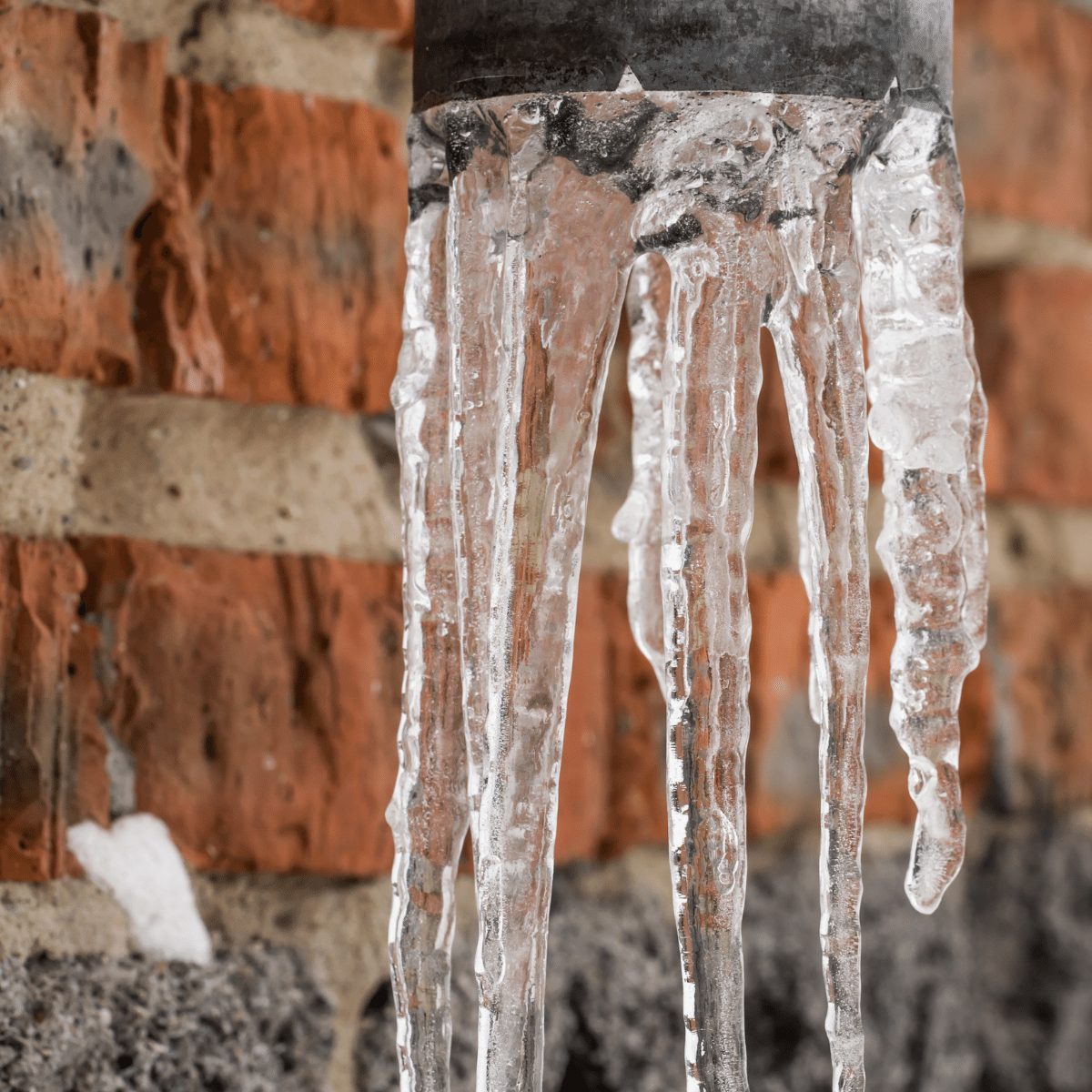Tips to Protect Your Plumbing from Cold Weather: Key Strategies
Tips to Protect Your Plumbing from Cold Weather: Key Strategies
Blog Article
The content down the page pertaining to How To Avoid Freezing Pipes is absolutely attention-grabbing. Read on and make your own assumptions.

Cold weather can wreak havoc on your pipes, specifically by freezing pipelines. Here's how to avoid it from taking place and what to do if it does.
Intro
As temperatures drop, the danger of frozen pipelines rises, possibly causing costly repairs and water damage. Comprehending how to avoid frozen pipelines is essential for property owners in cold environments.
Prevention Tips
Protecting prone pipelines
Wrap pipelines in insulation sleeves or use warm tape to safeguard them from freezing temperatures. Focus on pipelines in unheated or external areas of the home.
Home heating strategies
Keep interior spaces sufficiently heated, specifically locations with plumbing. Open up cabinet doors to allow cozy air to flow around pipes under sinks.
How to determine icy pipelines
Try to find decreased water circulation from taps, unusual smells or sounds from pipes, and noticeable frost on subjected pipelines.
Long-Term Solutions
Structural adjustments
Consider rerouting pipes far from exterior walls or unheated locations. Add added insulation to attics, cellars, and crawl spaces.
Upgrading insulation
Buy high-grade insulation for pipelines, attic rooms, and wall surfaces. Correct insulation assists maintain consistent temperatures and minimizes the danger of frozen pipelines.
Shielding Outside Plumbing
Garden hoses and exterior faucets
Detach and drain garden tubes before winter. Install frost-proof faucets or cover exterior faucets with insulated caps.
Understanding Frozen Pipelines
What creates pipelines to freeze?
Pipelines ice up when revealed to temperature levels below 32 ° F (0 ° C) for expanded periods. As water inside the pipes freezes, it broadens, taxing the pipe wall surfaces and potentially causing them to rupture.
Dangers and problems
Frozen pipelines can cause water interruptions, home damage, and costly repair services. Burst pipelines can flood homes and create extensive architectural damage.
Indicators of Frozen Water Lines
Determining icy pipelines early can stop them from bursting.
What to Do If Your Pipelines Freeze
Immediate activities to take
If you think icy pipes, keep faucets open up to relieve stress as the ice melts. Utilize a hairdryer or towels taken in hot water to thaw pipes slowly.
Conclusion
Preventing frozen pipes requires positive actions and quick reactions. By understanding the reasons, indications, and safety nets, house owners can secure their plumbing throughout winter.
Helpful Tips to Prevent Frozen Pipes this Winter
UNDERSTANDING THE BASICS: WHY PIPES FREEZE AND WHY IT’S A PROBLEM
Water freezing inside pipes is common during the winter months, but understanding why pipes freeze, and the potential problems it can cause is crucial in preventing such incidents. This section will delve into the basics of why pipes freeze and the associated problems that may arise.
THE SCIENCE BEHIND FROZEN PIPES
When water reaches freezing temperatures, it undergoes a physical transformation and solidifies into ice. This expansion of water as it freezes is the primary reason pipes can burst. As the water inside the pipe freezes, it expands, creating immense pressure on the walls. If the pressure becomes too great, the pipe can crack or rupture, leading to leaks and water damage.
FACTORS THAT CONTRIBUTE TO PIPE FREEZING
Low Temperatures: Extremely cold weather, especially below freezing, increases the risk of pipes freezing. Uninsulated or Poorly Insulated Pipes: Pipes located in unheated areas, such as basements, crawl spaces, or attics, are more prone to freezing. Insufficient insulation or lack of insulation altogether exacerbates the problem. Exterior Wall Exposure: Pipes running along exterior walls are susceptible to freezing as they encounter colder temperatures outside. Lack of Heating or Temperature Regulation: Inadequate heating or inconsistent temperature control in your home can contribute to frozen pipes. PROBLEMS CAUSED BY FROZEN PIPES
- Pipe Bursting: As mentioned earlier, the expansion of water as it freezes can cause pipes to burst, resulting in significant water damage.
- Water Damage: When pipes burst, it can lead to flooding and water damage to your property, including walls, ceilings, flooring, and personal belongings.
- Structural Damage: Prolonged exposure to water from burst pipes can compromise the structural integrity of your home, leading to costly repairs.
- Mold and Mildew Growth: Excess moisture from water damage can create a favorable environment for mold and mildew growth, posing health risks to occupants.
- Disrupted Water Supply: Frozen pipes can also result in a complete or partial loss of water supply until the issue is resolved.
WHY CERTAIN PIPES ARE MORE PRONE TO FREEZING
- Location: Pipes located in unheated or poorly insulated areas, such as basements, crawl spaces, attics, or exterior walls, are at higher risk of freezing.
- Exterior Pipes: Outdoor pipes, such as those used for irrigation or exposed plumbing, are particularly vulnerable to freezing as they are directly exposed to the elements.
- Supply Lines: Pipes that carry water from the main water supply into your home, including the main water line, are critical to protect as freezing in these lines can affect your entire plumbing system.
- Underground Pipes: Pipes buried underground, such as those connected to sprinkler systems or outdoor faucets, can be susceptible to freezing if not properly insulated.
https://busybusy.com/blog/helpful-tips-to-prevent-frozen-pipes-this-winter/

As a keen reader about How To Avoid Freezing Pipes, I imagined sharing that excerpt was worth the trouble. Please set aside a second to share this article if you enjoyed it. Thanks so much for going through it.
Call Today Report this page